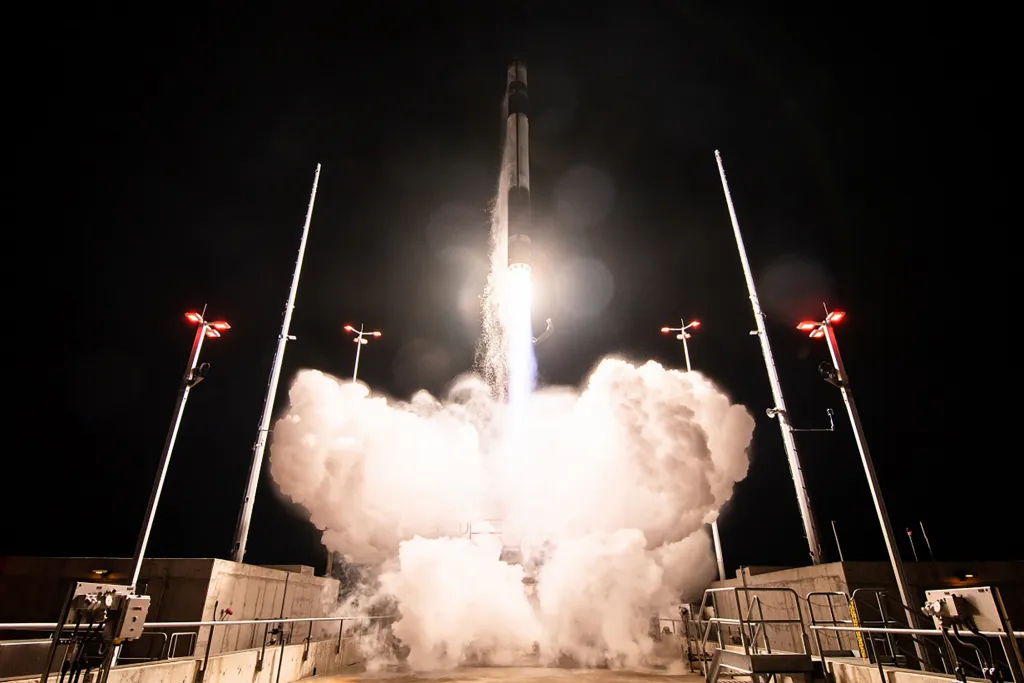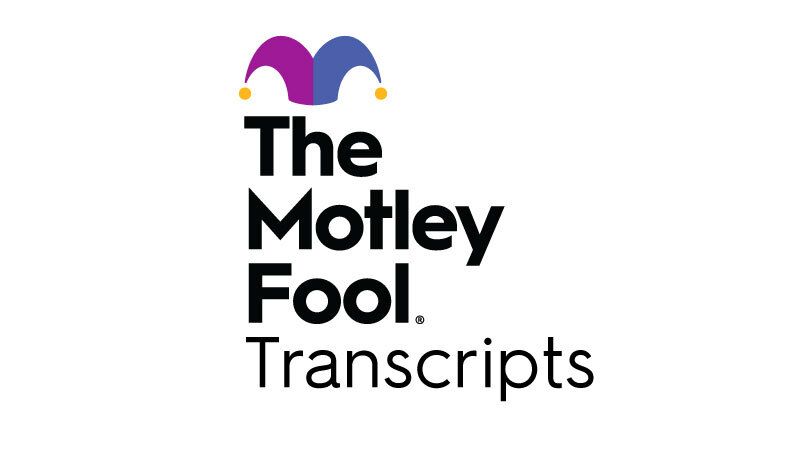Copyright Norfolk Virginian-Pilot

Rocket Lab Corp. delayed the first launch of its larger Neutron rocket until next year, a setback in the space transportation company’s push to compete more directly with Elon Musk’s SpaceX. The Long Beach, California-based company said it will deliver Neutron to its launch site during the first three months of 2026, with an inaugural mission “thereafter,” pending completion of final testing and other work. Rocket Lab originally hoped Neutron would debut in 2024 but more recently had been targeting a first launch before the end of this year. Rocket Lab unveiled the delay when it reported better-than-expected quarterly revenue and net loss per share, fueled by launches of its current Electron rocket. Shares rose as much as 11% in postmarket trading on Monday. The stock was up about 100% for the year through Monday’s close. The second most prolific rocket launcher in the U.S. behind SpaceX, Rocket Lab has flown its small satellite launcher Electron on 16 missions this year. The Electron launches helped Rocket Lab post quarterly revenue of $155 million, a roughly 48% increase from the same period a year ago and above the $153 million predicted on average by analysts polled by Bloomberg. Chief Executive Officer Peter Beck warned in August that the company wouldn’t take any unnecessary risks to debut Neutron, raising fresh concerns about whether Rocket Lab would set a new target for the inaugural launch. “There’ll be no cutting corners here to just rush to the pad for an arbitrary deadline,” Beck told analysts during an earning on Aug. 5. When it’s ready, Neutron is supposed to take off from a launch pad at NASA’s Wallops Flight Facility that Rocket Lab unveiled in August. Rocket Lab also operates its own satellite manufacturing and services business. In September, the company agreed to a $75 million deal to acquire German-based laser communications company Mynaric. In August, Rocket Lab completed its acquisition of satellite sensor manufacture Geost for $275 million.



